By Madit Them Arop, Juba, South Sudan

August 15, 2016 (SSB) —- Once upon time, there was a well-respected, admired, loved, and fairly seen with a provision of revelation wisdom as a wise man. Grew up in place called the Robbed Nation, located in the center of east and north along the equator line in Africa. The place has a snake-like river, divided the Robbed Nation into two, almost in halves. Such river was internally believed to have originated from West side of the nation leading toward east, closely bound to the north. The nation was reported as a landlocked baby, sources from the mentioned river are resources it considerably depended on. The other resources comes from vast minerals, vast arable lands, diamonds, gold and oil. The river also provides the nation with water, fish, river transportation, navy security protection, and dock for ships, electricity dams, irritation schemes and more to that direction. The same river offers other attributes to neighboring places it touched or crossed through.
One day, this wise man had a visitor. The guest was welcomed, accommodated, had shower, took hot tea and was escorted to the shade to take a nap because the humidity at the time stood at flammable level. During lunch time, however, his lunch was brought to him. While enjoying the lunch, a by-passer dog suddenly emerged, and had great fortune, the guest tossed portions of food on the floor for the dog. Under the same shade and around the compound, there were chickens at random, seriously aiming at their stomach’ concerns for the day. The restless chicken jumped to collect unsecured pieces of food some inches away from the dog. The hungry dog impatiently leaped to reach for the chicken. The chicken hurriedly gathered its mightier muscles and flown off, to avoid the wild dog before turning it into “free lunch.” Conversely, the chicken had uncalculated landing, it stridden out on tethered nearby calf. The calf’s situation got hijacked and bounded high letting halt rope loosen. The fearful calf ran toward the compound ended up stepping on laid child under the verandah. And for the heavenly sadness, the child innocently passed!
(more…)
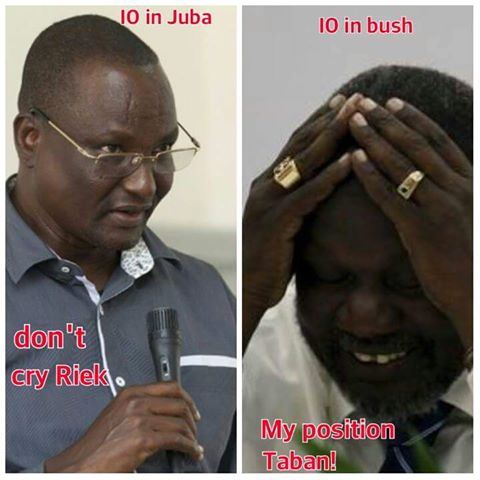





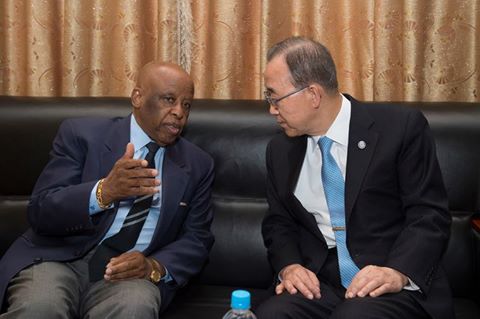
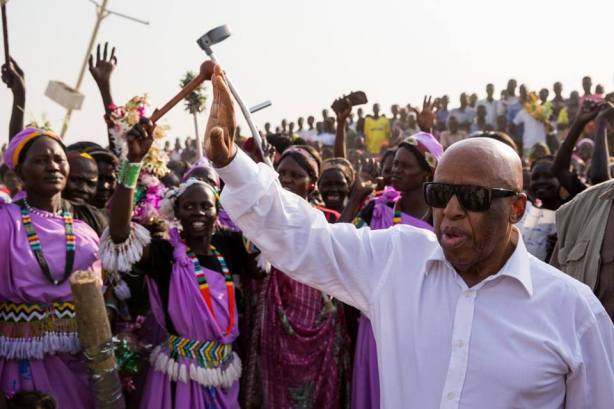
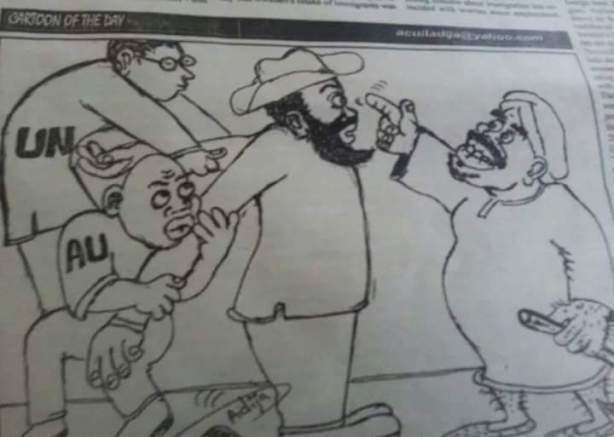

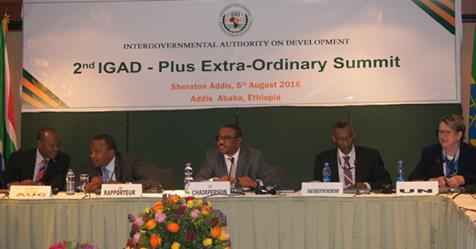
UNSC Resolution 2304 (2016): Intervention or Protection Force for South Sudan?
Posted: August 15, 2016 by PaanLuel Wël Media Ltd. in Columnists, Commentary, Contributing Writers, Editorials, Featured Articles, Opinion Articles, Opinion WritersBy Reagan Gatluak Gatwech, Kampala, Uganda
This slideshow requires JavaScript.
August 15, 2016 (SSB) — Following the fighting that broke out outside the presidential palace in Juba on the eve of independence celebrations, IGAD called for an intervention brigade. Such a brigade was first proposed in 2014 during the mediation but weakened as the UN and IGAD could not agree on its relationship to the UN peacekeeping mission in South Sudan (UNMISS), or on the mechanisms of financial and logistical control.
When a State interferes in the political affairs of another State by invitation, or on request, it cannot be considered as an unlawful act. Interference of a State can never be unlawful if it is for the sake of humanity. It is necessary that the two States agree on the matter of intervention through a treaty. A request for assistance is not an unlawful act.
Similarly, the 27th African Union assembly in Kigali, Rwanda also resolved that Uganda, Sudan, Rwanda, Ethiopia and Kenya shouldcontribute a regional force to South Sudan whichfollowing the renewed fighting in Juba. However, there is need to clarify on what intervention really means, circumstances that warrant it, legal grounds for intervention in civil wars and also draw a distinction between military intervention and a protection force.
(more…)
Share this: